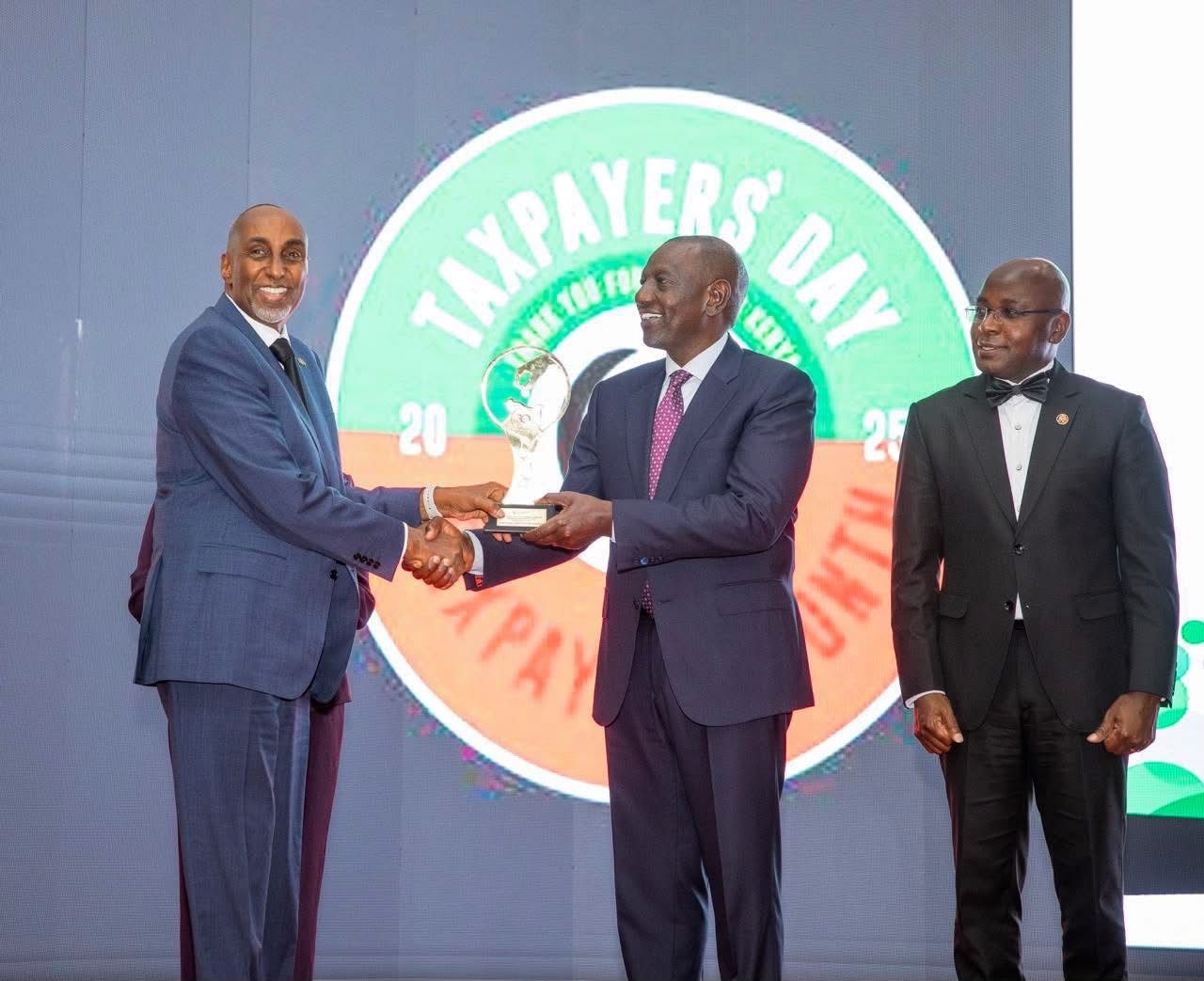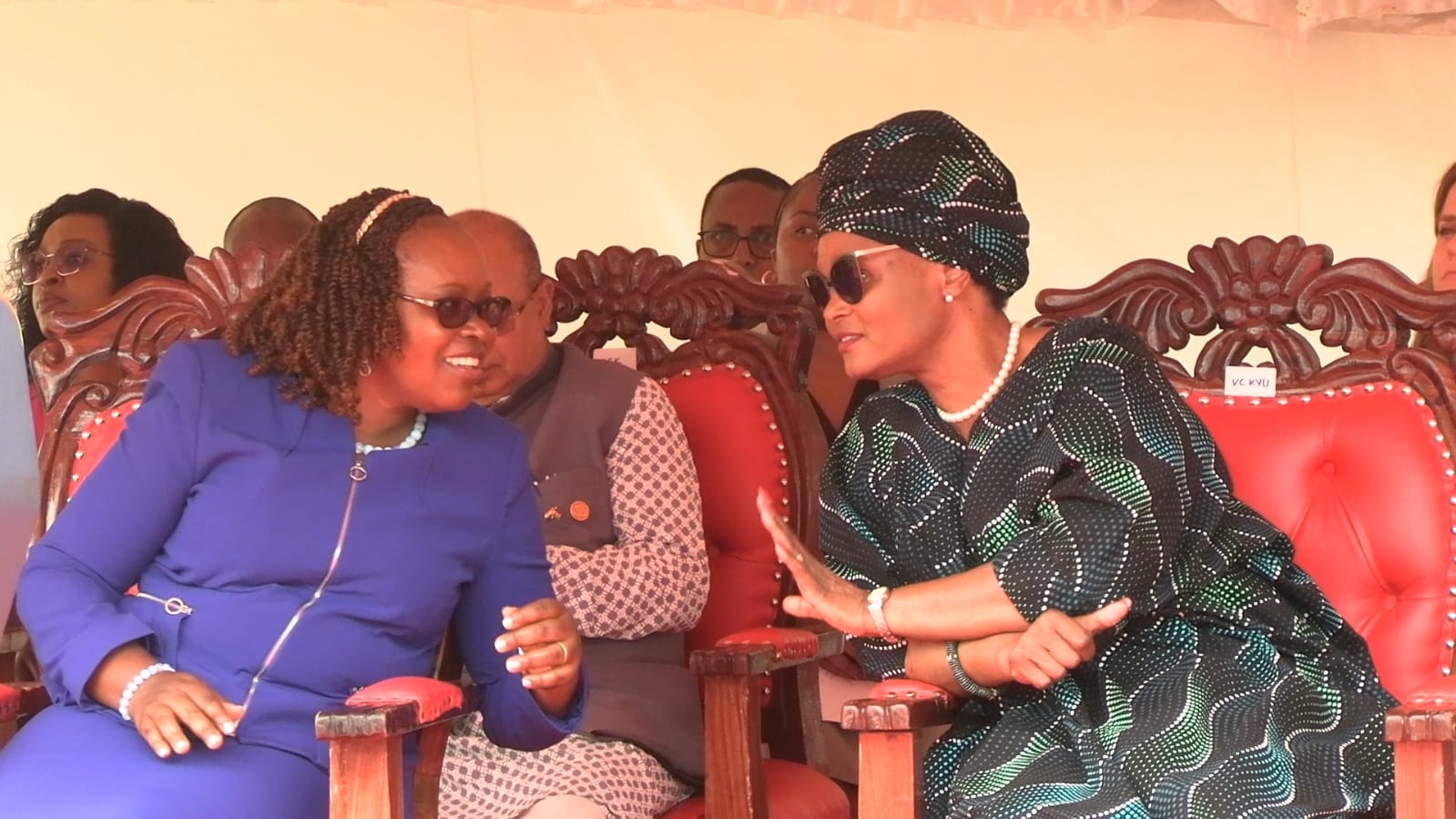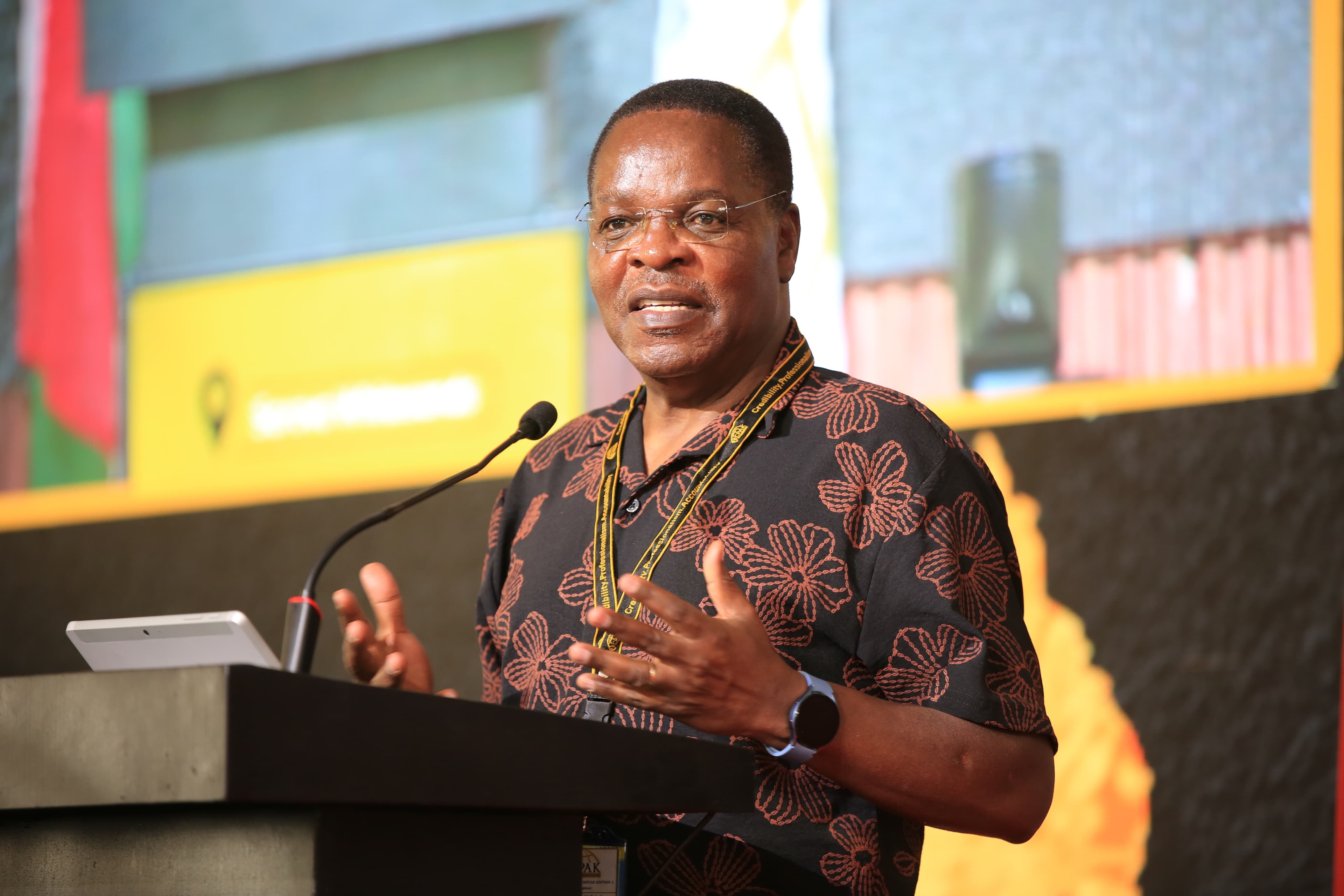
The call for ethical leadership took centre stage on Tuesday during the Youth Integrity Dialogue at the Technical University of Mombasa (TUM).
The forum, which was organised by the Ethics and Anti-Corruption Commission (EACC) brought together students, the EU Delegation to Kenya, UNODC and youth leaders.
It highlighted Kenya’s long struggle against corruption and the growing demand for young people to take a central role in fixing the system.
Kenya loses billions of shillings every year to graft, according to past national audits.
The EACC, established under the 2010 Constitution, leads the fight against corruption through investigations, public education and asset recovery.
But young people continue to express frustration over slow reforms, stalled cases and leaders linked to corruption who still hold public office.
Students said they feel the burden of corruption in daily life.
Philemon Savior Ogundo, a TUM student, said citizens were “bearing the brunt of corruption,” adding that some leaders only act ethically when they fear the Ethics and Anti-Corruption Commission.
“Ethical leadership is about decisions based on public interest. In primary school we were told we were leaders of tomorrow — I’m surprised we are still leaders of tomorrow today,” he said.
"We are the architects of today. What we do will either make or ruin the country. Our leaders should inspire through their speech, visions and actions.”
In a skit performed by the students, the message that dominated was: Youth need to take responsibility and hold leaders accountable.
Despite going to the streets demanding better governance, the youth stated that they are still unheard.
EACC CEO Abdi Mohamud urged the youth to be at the frontline in the fight against corruption.
"Youth need to take responsibility by refusing to participate in bribery, act on political instructions from unethical leaders or elect leaders who are compromised," he said.
He assured that the Commission is committed to aiding the youth saying, "we are involving the youth as key stakeholders to support us in the fight against corruption".
TUM Vice-Chancellor Laila Abubakar said the institution aims to strengthen values among young people, noting that integrity must anchor both personal and national decisions.
“We need to instill character in the youth. Character that we must, as leaders, embody daily,” she said.
She country must build a culture of integrity from the ground up. She urged universities to become spaces where values are shaped early.
“The youth are the leaders of tomorrow, and we need strategies grounded in integrity," Abubakar said."
We hope this dialogue will help us hear and understand what young people are asking for and where we go wrong.”
She added, "Character must guide what we do every day. The youth are the leaders of tomorrow, and we need strategies that are rooted in integrity."
EU Delegation’s Programme Manager for Elections, Human Rights and Justice Line Urban stressed that meaningful empowerment cannot be imposed from above. “Empowerment should rest on the tenets ‘for the youth, by the youth’,” she said.
She pointed to the EU–UNODC programme that supports anti-corruption work. “We will have better lives, from our homes to our schools, if we treat each other with integrity," she said.
"Young people have the power to change many things, but it depends on their energy and focus.”
UNODC Deputy Representative for the Regional Office on Crime in Eastern Africa Koen Marquering said Kenya’s demographic reality demands immediate action, not future promises.
“The youth in Kenya are not just the future. Your time is now,” he said, citing data showing a median age of 20 and 75 per cent of the population under 35.
"National problems like corruption and unemployment must be addressed. Bribery remains the most common form of corruption, and research also shows cases of sexual harassment in exchange for services.”
Marquering said UNODC has supported initiatives such as integrity-building through sports and youth-focused anti-corruption education in universities.
"We will continue working with EACC to ensure we get rid of corruption and raise a generation with integrity. Let us use online platforms to advance this agenda.”
EACC Advocate Mwongela Mbiti said Kenya needs stronger values, not just stronger laws.
“We need a software of integrity to guide us,” he said. He challenged youth to question why corrupt leaders are repeatedly elected.
"We must face tokenism, bribery and the gap between what we expect and what we choose at the ballot.”
National Youth Council Acting CEO Gloria Wawira urged the youth to lead by example.
“We must take responsibility and make the change needed. today and tomorrow,” she said.
















